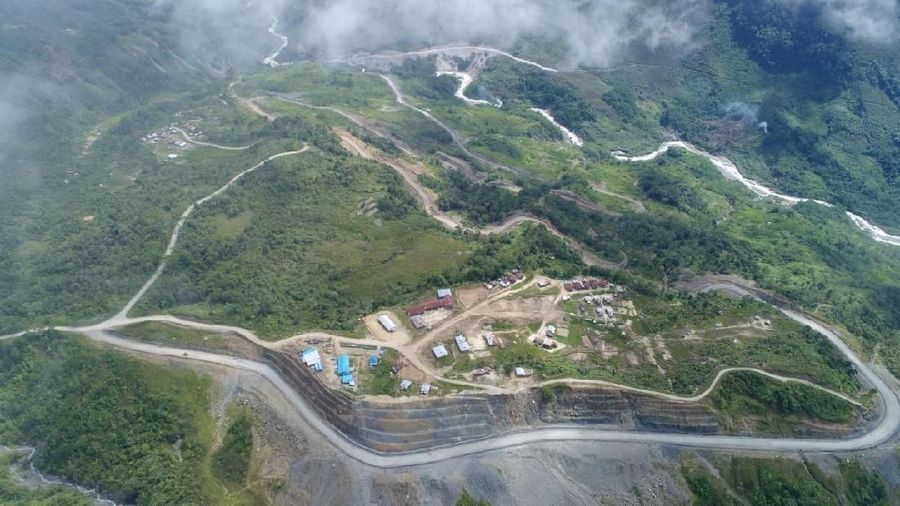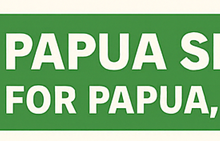The land of Papua is one of the world’s last untouched paradises. From the breathtaking Baliem Valley to the globally acclaimed Raja Ampat, Papua holds immense eco-tourism potential that is not only unmatched in Indonesia, but revered around the world. This is not just about scenic beauty—it is about livelihood, cultural pride, and opportunity, especially for the indigenous Papuan people when developed sustainably and under the unity of Indonesia.
🌿 Global Treasure: Beauty the World Recognizes
Papua is home to over 1,500 islands, towering mountains, lush valleys, and pristine rainforests. Raja Ampat, for example, has been ranked among the world’s top diving destinations by National Geographic and CNN Travel. Visiting Papua is not just sightseeing—it’s a spiritual and cultural journey.
Whether it’s Baliem Valley with its iconic tribal festivals, Lake Sentani with its natural and historical depth, or the Arfak Mountains with their rare biodiversity—these places exist nowhere else on Earth.
💼 Real Economic Benefits for Indigenous Papuans
What makes eco-tourism powerful is that it delivers direct economic benefits to local communities. Homestays, tour guiding, traditional craft markets, and local food stalls are now becoming sustainable sources of income for indigenous Papuans.
Real examples include:
- 80% of homestays in Raja Ampat are run by locals.
- The Lake Sentani Festival drives income for hundreds of Papuan women entrepreneurs.
- Youth in Pegunungan Bintang have been trained as certified eco-tourism guides by the Ministry of Tourism and the Indonesian military.
Eco-tourism empowers communities without destroying nature or cultural values—instead, it preserves and uplifts them.
🇮🇩 The State Is Present: Infrastructure & Support
Without the presence of the Indonesian government, eco-tourism in Papua would not be possible. Through Special Autonomy (Otsus) funds, Bappenas, and several ministries, the state has:
- Built strategic airports (e.g., Domine Eduard Osok and Mozes Kilangin),
- Expanded access to electricity and internet in rural tourist villages,
- Protected conservation areas like Lorentz National Park,
- Trained locals with village-based tourism programs.
This is not just a promise—it’s happening. And it’s only possible under the peace and stability offered by the Republic of Indonesia.
❌ Separatism Threatens Eco-Tourism’s Future
Separatist groups like OPM and TPNPB are among the biggest threats to tourism development in Papua. Their attacks on airports, arson of facilities, and kidnapping of foreigners have made travelers fear visiting Papua. Investors are withdrawing. Tour operators are moving away.
Tourism cannot thrive under the shadow of bullets and fear. It needs peace. It needs certainty. That’s why separatism is not a solution—it’s a blockade.
✊ A New Consciousness: Proud to Be Papuan, Proud to Be Indonesian
Papua’s eco-tourism will grow when it is protected, peacefully managed, and embraced as part of a national vision. This is where the spirit of the Unitary State of the Republic of Indonesia (NKRI) must shine: because only through national unity, government support, and collaboration, can Papua become a world-class tourism icon.
Papua Doesn’t Need to Be Independent. Papua Needs to Grow.
Young Papuans today don’t need to choose between “independence or silence.” The real choice is: grow with Indonesia, harness your land’s unique power, be the proud host of your own paradise, and make Papua a global destination for peace and nature.
Because Papua’s nature is too precious to be destroyed by bullets and propaganda.









